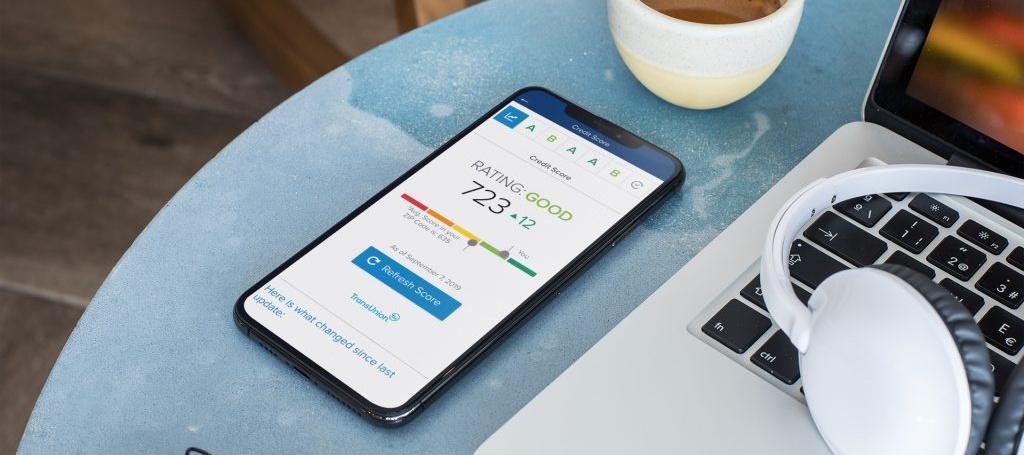
Checking Your Credit Score Just Got That Much More Important
A daily look at your credit report could save you from hackers
Last year, there were more than 6,500 data breaches, according to a study by the Consumer Federation of America and VantageScore. We hear about these data breaches, hackers, and identity theft in the news all the time, but even still, it’s hard to grasp how easily our information can fall into the wrong hands.
There are some key things to know about a data breach — or a hacking — into a computer network. First of all, hackers aren’t as good at hacking as you think they are. Hacking is often blamed on the person who maneuvers their way into a network and steals pieces of information, but the blame really should fall on the person who either failed to do their job correctly which created a soft spot in that network in the first place, says Frank Abagnale, AARP Ambassador to the FraudWatch Network. Once the opening exists, hackers can break in and take the data living inside of the network.
And why do they do this? For financial gain, says Jerry Irvine, CIO of Prescient Solutions.
When this happens, the company compromised often offers their clients a one-year credit security on their credit cards, says Abagnale. While this is great, hackers know how to get around this deal. They expect your credit cards to be under watch for a year, so they do something called “warehousing,” where they hold onto your information for a rainy day when they know you’re no longer protected. Instead, they go for the data that won’t be protected and can’t be changed: your name, your birthdate, and your Social Security Number.
Don’t panic: as easy as it is to have, there are ways to keep it safe.
Be proactive with your credit. There is no reason to not be taking extra steps to secure your identity and your money. Practice good online techniques to keep it safe. Irvine reminds us to never open emails from unknown senders and to avoid clicking on links or opening attachments we were not expecting. He also says to keep your device’s antivirus software and operating systems up to date for maximized security.
Freeze your credit. This is the only way to truly protect yourself. As of last year, if you are 16-years-old or older, you have the right to freeze your credit for free, says Abagnale. This will prevent anyone from using your credit. (You also have the right to freeze the credit of your children — for free.)
Monitor your credit. You should be checking your credit every day, says Abagnale. If you notice any discrepancies, notify the credit bureau immediately. If checking credit daily seems like a bit much, weekly or monthly will suffice. Also, make sure to change your passwords for all of your accounts, says Irvine. And if you’re not applying for any credit in the near future, freeze it right away if you haven’t already, he adds.
Report inconsistencies in your credit. There are people out there using your line of credit to get an auto-loan or a mortgage. Even if they’re paying the bills on time and they are actually helping your credit score, this is still fraud and needs to be reported, says Abagnale. You should tell the credit bureau that there is inaccurate information on your account and ask them to make a note of that on your report. Also, file a police report and have them put the case number on your report so the bureaus know about the fraud, says Abagnale.
Take responsibility of your credit. “You have to be a wiser consumer than you had to be 25 years ago,” Abagnale says. There are only a finite number of places that really need your Social Security Number, so do not provide it — even just the last four numbers — if you don’t need to, he says. You can’t trust anyone but yourself, he adds, so don’t make it easy for someone else to get your information.
Use Credit Sense in Lincoln SDA Credit Union's online banking to monitor your credit now!
